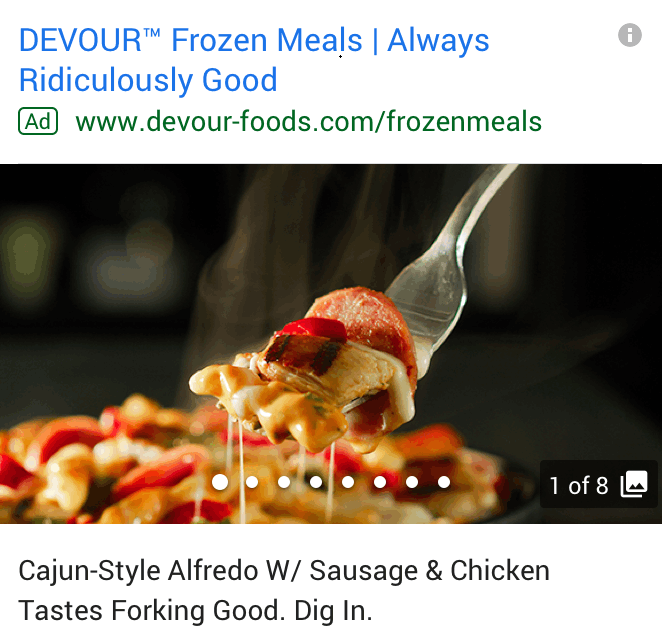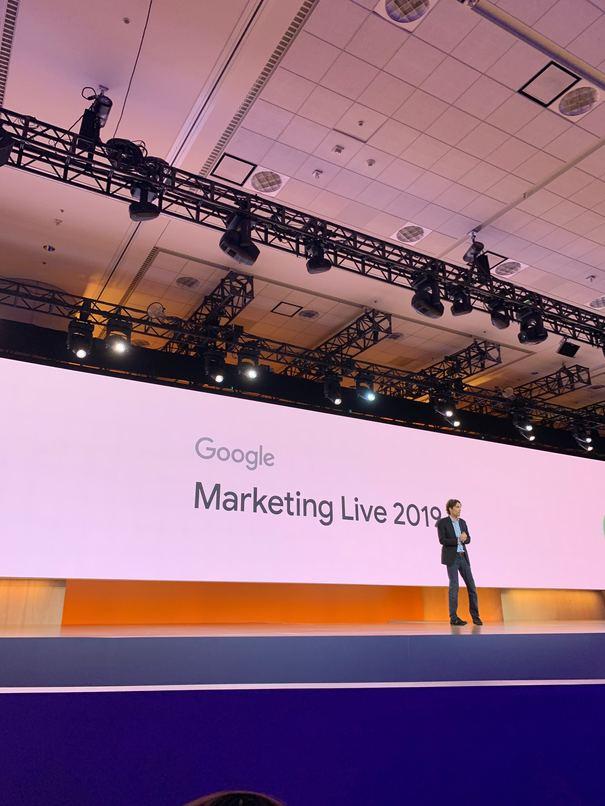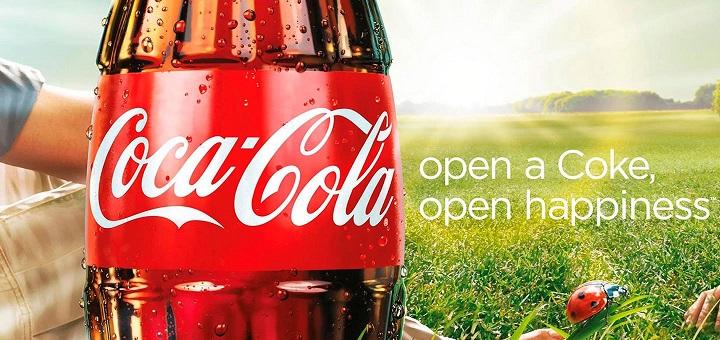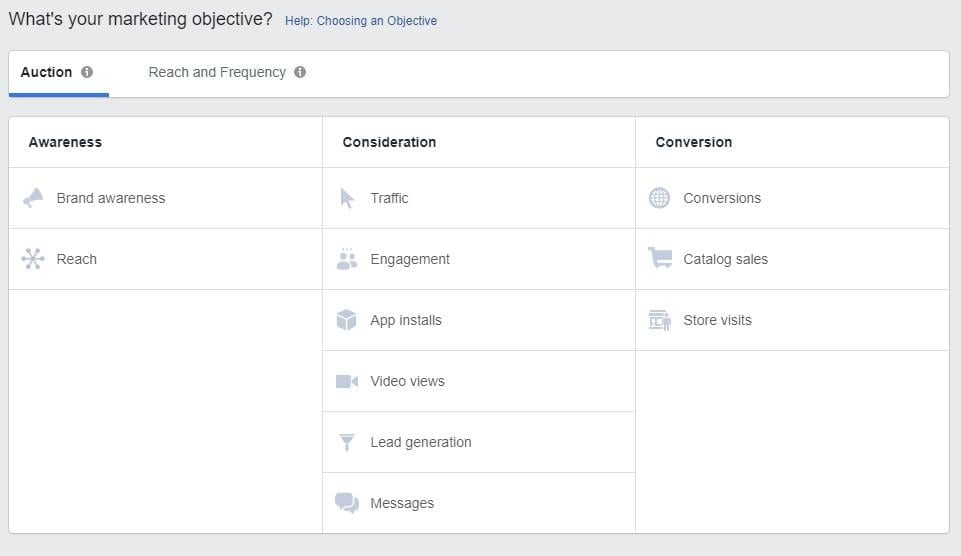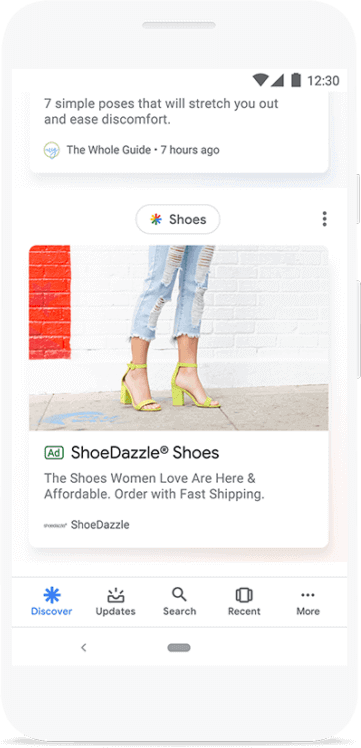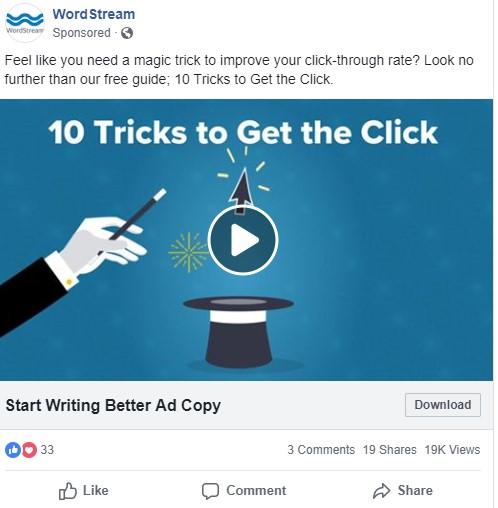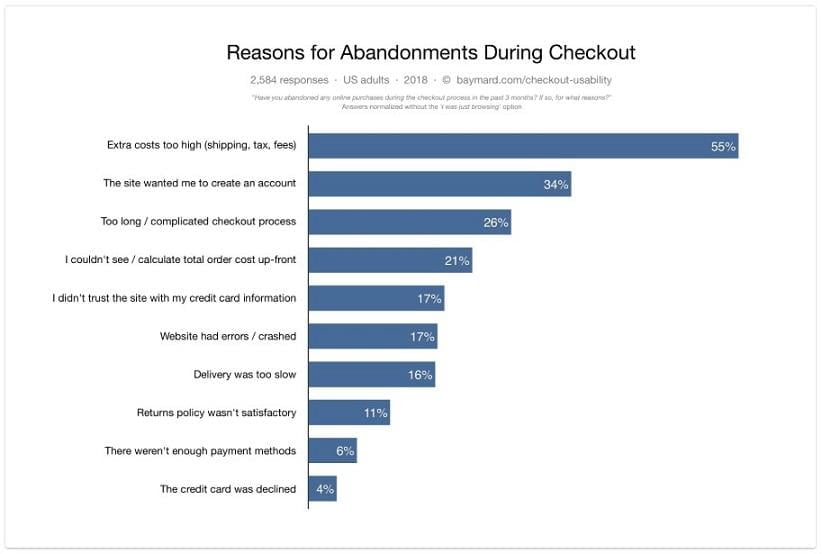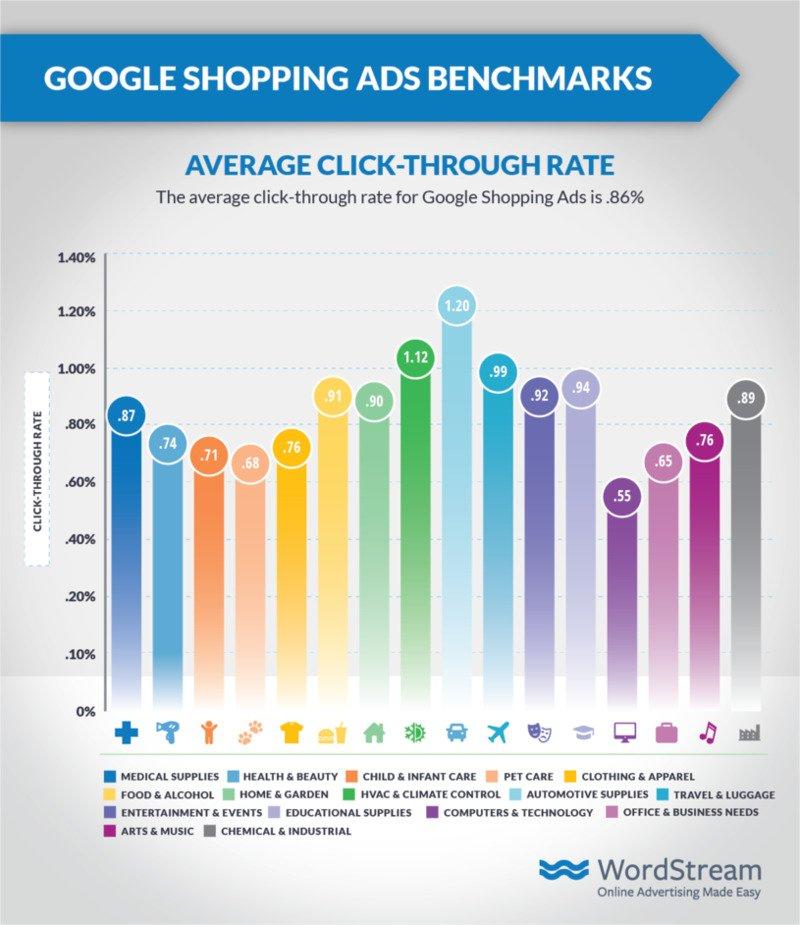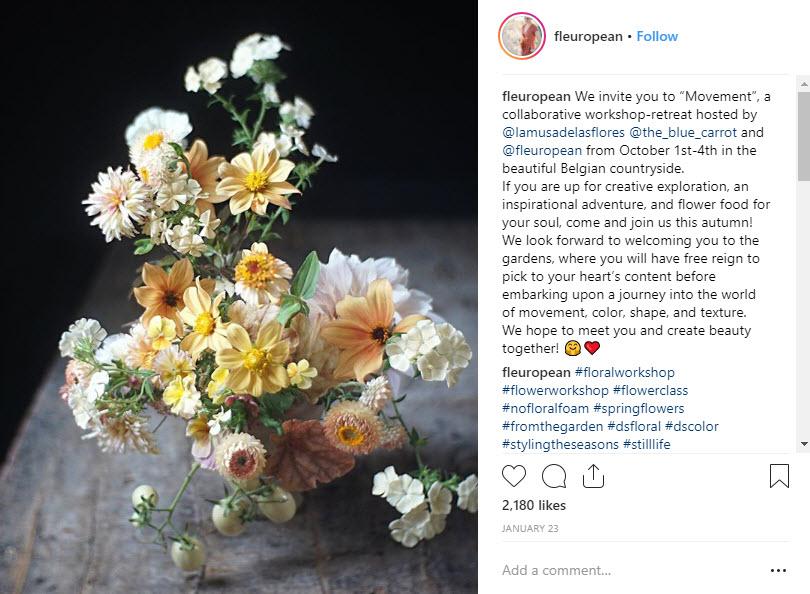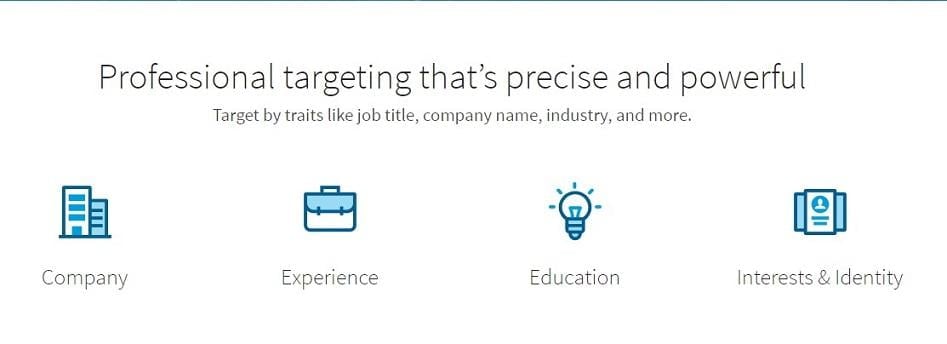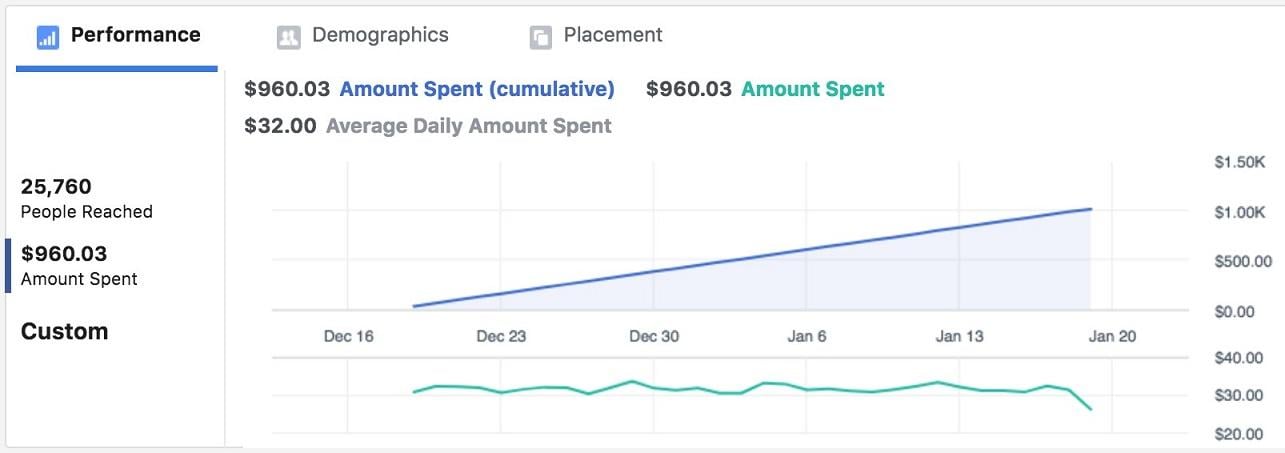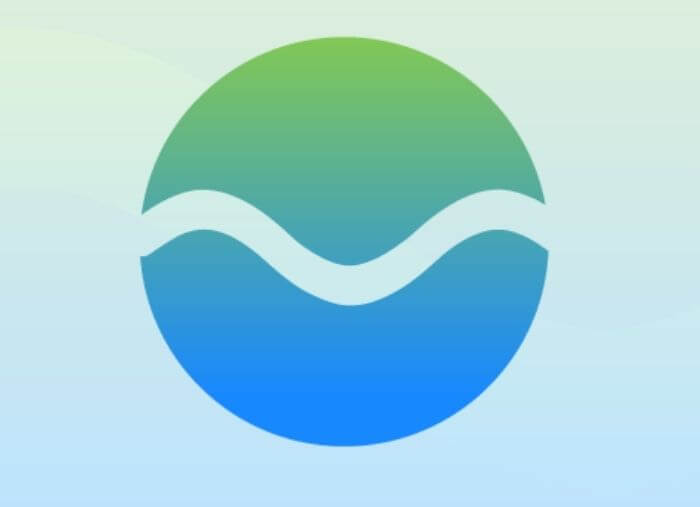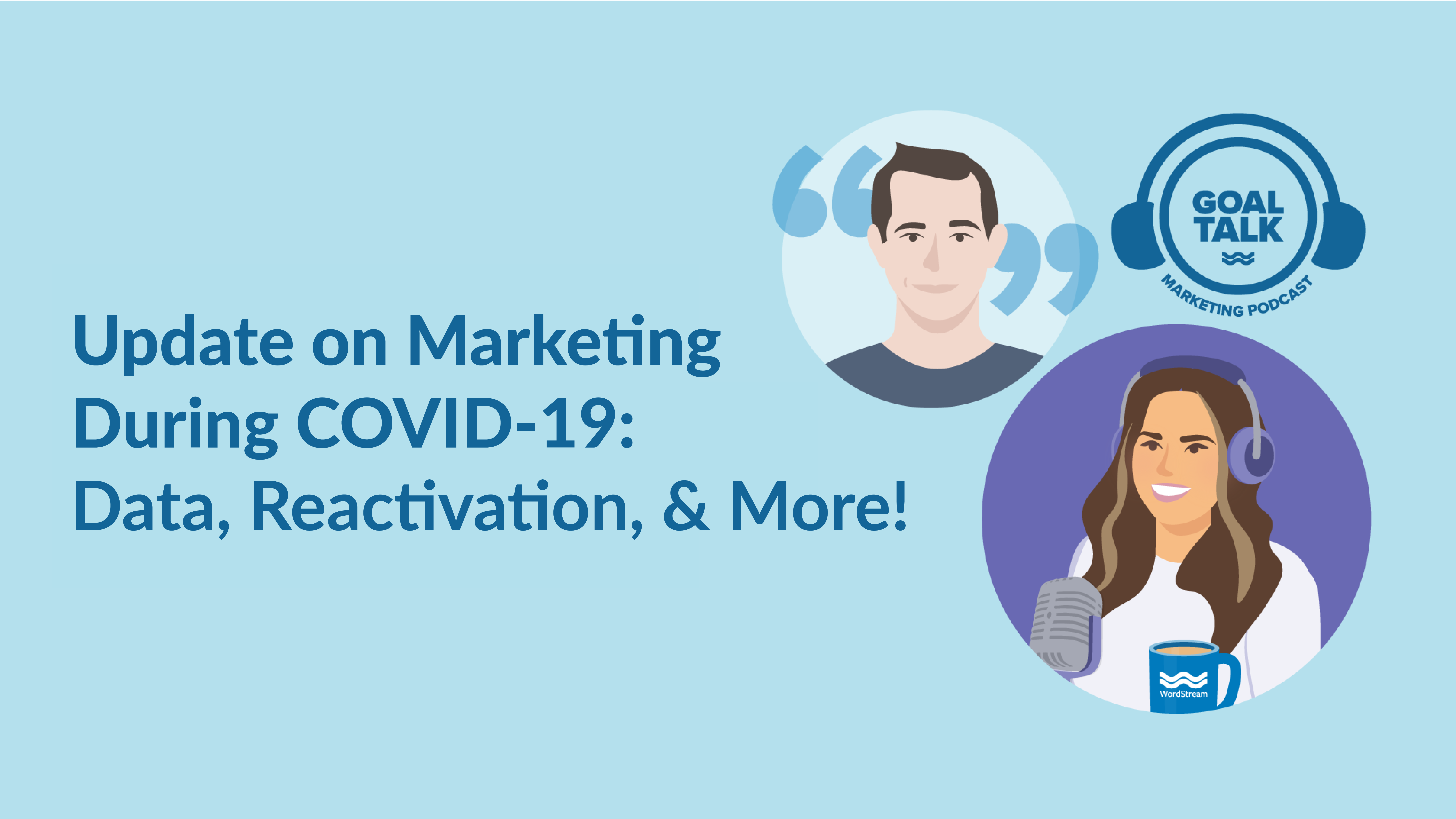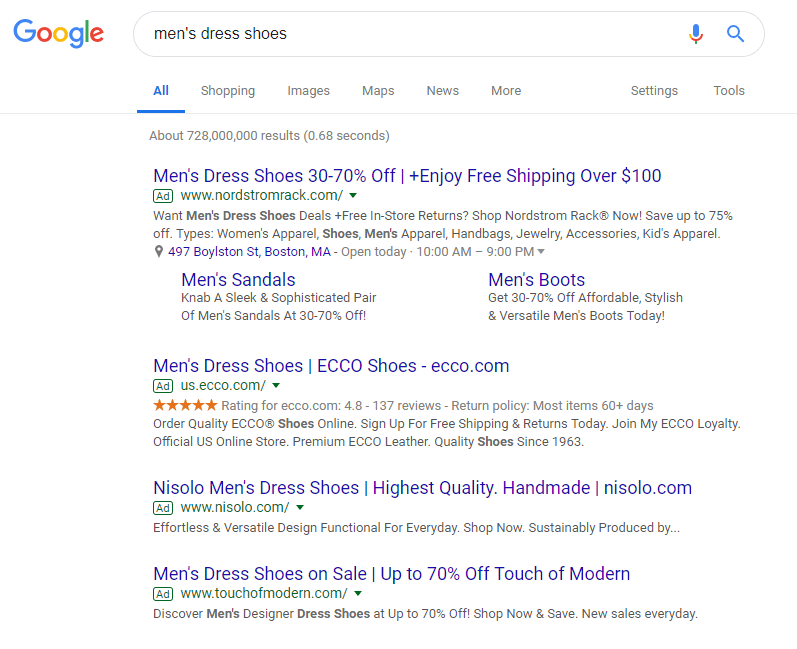
We’ve had over 250 new blog posts this year, and in those we covered a lot. Paid search strategies, ecommerce marketing tips, industry news updates. Copywriting tricks, social media marketing plans, agency growth tactics—the list could literally go on and on.
In the past, we’ve rounded up our top 10 posts at the end of the year. But this isn’t just the end of the year—this is the end of the decade. And with that many great blog posts this year, 10 just doesn’t feel like enough. So here are top 19 posts for 2019.
Let’s get started.
1. 27 Google Search Statistics You Should Know in 2019 (+ Insights!)
Statistics are important for planning a data-backed marketing strategy, whether it’s on Facebook, Microsoft Advertising, or, in this case, Google search.
In this post, Conor gathered a ton of Google search statistic about organic results, paid advertising, and Google’s algorithm to help with planning—and to help you snag the top spot on the SERP.
2. Google’s NEW Gallery Ads: Everything You Need to Know
2019 didn’t fall short on Google Ads updates. Google’s gallery ads are interactive, swipable image and text ads that appear at the top of the mobile SERP. The new ad format was announced at Google Marking Live—more on this in just a minute—and showed promising early results. Promising as in driving 25% more engagement (as measured by clicks and swipes) than standard text ads.
Of course, a new ad type calls for a new guide. In this post, Conor tells you everything you need to know about Google gallery ads: what they are, how they can help your account, and more.
3. 9 Massive Changes Coming to Google Ads #GoogleMarketingLive 2019
We weren’t surprised to see our Google Marketing Live coverage on this list. Google announces big changes to existing ad formants and networks in addition to announcing new initiatives, so the annual event is huge for online advertisers.
In this post, Conor and Gordon ranked the biggest changes announced at Google Marketing Live—including all the new ad formats and new campaigns type that will impact your 2020 planning.
4. 13 of the Most Persuasive Ads We’ve Ever Seen
All advertising is persuasive on some level, whether it’s brand awareness campaign encouraging viewers to feel good about the company or a discount offer to get consumers to make a purchase. But persuasive ads explicitly aim to convince the viewer.
Here, Mary breaks down exactly what a persuasive ad does, and she includes 13 super effective persuasive ads for inspiration.
5. Top 7 Video Advertising Trends of 2019
Video is a staple medium in advertising—for Facebook ad campaigns, Instagram Story ads, YouTube videos, and more.
This post covers the top seven video advertising trends of the year that you need to stay competitive this year.
6. Google to Sunset Average Position: Here’s What It Means
If you’re a digital marketer, you know not to get complacent with your marketing tools or your routine. Things are always changing. This year, Google retired Average Position, an original search metrics that Google didn’t think was useful anymore.
To replace Average Position, Google released four near metrics:
- Top impression rate
- Absolute top impression rate
- Top impression share
- Absolute top impression share
In this post, Conor explains why Average Position wasn’t useful anymore and how to use these new metrics instead.
7. 8 Audience Targeting Strategies from Digital Marketing Experts
Remember when the contestant on “Who Wants to Be a Millionaire?” used his lifeline to call his parents and tell them he didn’t need help and was going to win?
Sometimes you’re that incredibly confident in random presidential trivia. Sometimes it’s better to crowdsource—whether you need the answer or just want to want make sure you don’t, say, miss out on a million dollars.
In this post, Lisa reached out to industry experts to see what their favorite audience targeting strategies are. So make sure you’re using these tried-and-true strategies—and if you’re not, maybe test it out to make sure you’re not leaving money on the table.
8. 6 Steps to Create a Full-Funnel Advertising Strategy with Facebook Objectives
You probably know that Facebook objectives are important. But do you know that you can use these objectives to create a full-funnel advertising strategy?
Here, Kristina shares six simple steps you can take to create a full-funnel strategy to make the most of your Facebook ad budget.
9. 5 Things You Need to Know About Discovery Ads
Another big announcement from Google Marketing Live: The launch of discovery ads, an immersive ad format that allows advertisers to reach viewers on Google Discover.
Gordon provides the top five things you need to know about the new ad type here—and this must-know list might come in handy for your 2020 planning.
10. 5 Facebook Lead Ad Examples to Learn From and Copy
Facebook lead ads are a must for lead gen advertisers. The ad type lets you reach users on Facebook’s huge platform—and it lets them sign up for your offer without ever leaving the social media network. Win-win.
But setting up Facebook leads ads and setting up successful Facebook lead ads aren’t necessarily the same thing—in this post, Brad share five examples of successful, effective Facebook lead ads that you can use for inspiration.
11. 45 Ecommerce Statistics You Need to Know in 2019
Remember earlier when we talked about how important statistics are? That’s the case for ecommerce advertising, too.
Here, Brad gathered 45 must-know facts about ecommerce advertising, about Amazon, shipping, returns, and so much more.
12. The Ridiculously Useful Guide to Snapchat Ads
I don’t have Snapchat—much to the dismay of my friends who have to text photos of important updates in addition to sending out a snap to everyone else they know. I know I’m in the minority here, and I might just end up downloading the app soon because it feels like everyone else is on Snapchat.
And that’s precisely why it’s great opportunity for advertisers.
In this guide, Mary tells you everything you need to know to get started with Snapchat Advertising so you don’t miss out on this profitable social network. Here’s hoping she might be able to help me sign up for a regular user account, too.
13. Google Shopping Ads Benchmarks: Average CPC, CTR, Monthly Budget, & More
Our Google Ads benchmarks are a staple. It’s hard to know what a good CTR or CPC is when you see it in your account without any context, so we regularly review data to see what averages are for common industries.
This year, we gathered the data to release Google Shopping Ad Benchmarks, too.
14. Facebook Lead Ads vs. Landing Pages: Which Is Better? [Data]
When we talked about Facebook lead ads earlier, I made strong statements about the ad type. In this post, Gordon shares the data behind those bold claims.
Gordon ran a series of experiments to determine whether Facebook lead ads or landing pages performed better—as in, had lower CPAs, lower CPC, and higher quality leads. If you’re a lead gen advertiser, it’s well worth a read.
15. 14 Product Photography Tips to Make You Look Like a Pro
We publish a lot of blog posts about ecommerce marketing strategies. Tips for advertising on Google Shopping, Amazon, or Microsoft Advertising. How to sell on Instagram and Facebook. But one big thing that’s important for all of these platforms? Your product photos. Without great product photos to display, your strategies won’t be nearly as successful.
In this post, Margot goes through 14 tips for taking high-quality photos to spotlight your products get more ecommerce sales.
16. Automotive Marketing: 9 Strategies to Drive More Sales
When I think of buying a car, I think walking around an endless lot of similar-looking cars with some primary color balloons strung up along the way and maybe even some flags flanking the entrance. In reality, though, most car sales start online.
Here, Margot shares nine strategies to get the most out of your online advertising campaign—no balloons required.
17. The Complete LinkedIn Advertising Cheatsheet
LinkedIn advertising may not be for every business, but it’s certainly effective for lead gen advertisers—especially with th interest-based targeting released this year.
In this all-in-one guide, Mary walks you through everything you need to know to get started advertising on LinkedIn.
18. Facebook Ads Daily vs. Lifetime Budgets: Pros & Cons
Now, there are two types of Facebook budgets: daily and lifetime. That sounds simple enough, right? Not exactly…
In this guide, Michelle breaks down the differences between Facebook daily budgets and lifetime budgets—and she explains when to use each and why.
19. The Big, Easy Cheat Sheet for Google Display Ads
The Google Display Network is great for building brand awareness and, after that, keeping your brand top-of-mind for your prospects and your customers.
In this cheat sheet, Conor includes everything you need to know for creating eye-catching display ads and encouraging viewers down the marketing funnel, including specs, costs, and so much more.

